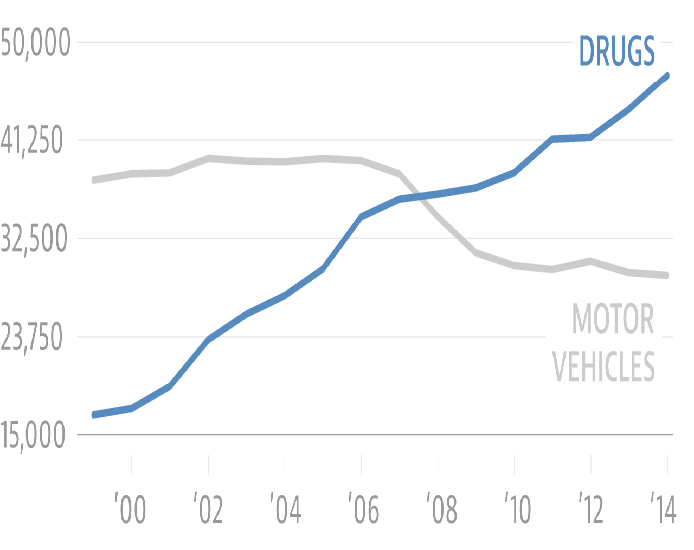Drug abuse is at epidemic proportions in the United States. Fatal overdoses are now the leading cause of accidental death in this country, having surpassed in numbers shooting deaths and fatal traffic accidents years ago.

Getting sober or drug-free — especially amid temptations — is difficult enough, and it’s common for those struggling with dependency to relapse. Maintaining a drug-free life takes effort and awareness. One method of maintaining focus and internal peace for people in recovery is the practice of Transcendental Meditation (TM).
A better stress reliever
The desire to relieve pain and stress is what makes drug use so common. Stress leads to anxiety and depression, which in turn leads to sleep disorders, overeating and feelings of hopelessness. Drugs and alcohol provide an escape from those feelings, and, for the short term, they may work. But a quick fix only leads to the problem presenting itself again in the near future.
You need to either learn to manage your stress on your own or risk paying a heavy price for your temporary escape in the form of drug abuse and the ensuing addiction. Meditation can be a more permanent solution. It doesn’t make anything go away, but it makes you calmer and more capable of handling whatever troubles you.
Transcendental Meditation can regulate your emotions and increase your awareness of your surroundings. Regular practice of meditation gives you more control over your emotions, thoughts and behaviors. This eventually changes your brain for the better, and it can give you more control over the powers of drugs and alcohol.
What is it?
Transcendental Meditation is a form of meditation where the participant is in a totally relaxed state but is still aware. It was derived from ancient traditions and introduced to the United States by Maharishi Mahesh Yogi from India in the 1960s.

TM gives you greater coherence and makes parts of your brain communicate better with each other. You are essentially rewiring your brain and making it function in a more unified way.
Benefits of Transcendental Meditation are vast. Here are some ways it helps people in recovery:
- Reduced blood pressure. When your blood pressure is lower, you automatically feel calmer and less anxious, which decreases cravings.
- Less chronic pain. Many people become addicted because of their pain issues, so less pain will mean less temptation to use.
- Better sleep and greater awareness. Fatigue is often a trigger for relapse. When you are sleeping well, which transcendental meditation helps with, you are less likely to be triggered by tiredness.
How do you do it?
Transcendental Meditation is easy to do. You don’t need any special equipment. A certified instructor will teach you proper methods over a series of courses, and you can go for free check-ups for the rest of your life should you need help with your practice.
So many positive results have been realized by practicing it daily, especially for those who are in recovery.
READ MORE: TESTIMONIALS AND RESEARCH
- Study on treating addictions: alcohol, nicotine and drug abuse
- ABC News anchor Elizabeth Vargas on beating alcohol addiction with the help of TM
- Lindsay Lohan on addiction and meditation
- Transcendental Meditation and recovery from addiction: A National Summit
- Basketball legend’s victory over addiction
- The ‘day-to-day enthusiasm’ of Tim Burgess



















